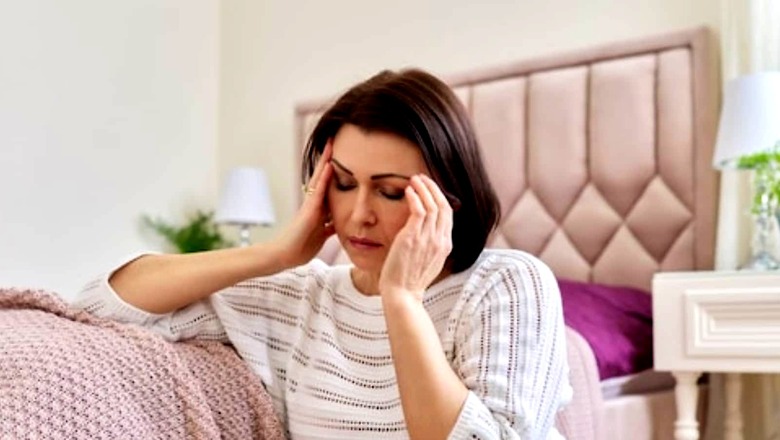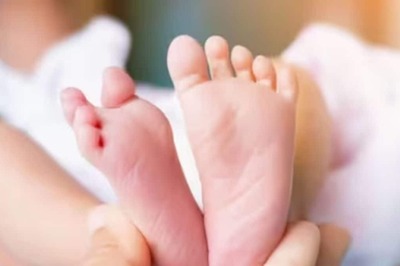
views
Postmenopause is the time after a woman has gone through menopause and has not had her menstrual cycle for more than 12 consecutive months. In this phase, your estrogen levels drop and you no longer ovulate. All the menopausal symptoms that you were experiencing may either become mild or completely go away. But, for some, the symptoms continue for a long period of time. As the estrogen level decreases, women experience health challenges like slow metabolism, increased risk of heart disease, and weakening of the bones may lead to osteoporosis, among others.
Here are a few health issues that women might face after menopause –
Heart
While menopause itself does not affect the health of the heart, the low levels of estrogen affect the blood vessels as menopause approaches. Low estrogen hormones may lead to cholesterol build-up on artery walls, which may further increase the chances of heart disease. Hot flashes, depression, and sleep disturbances are also contributing factors to heart diseases.
Osteoporosis
Osteoporosis is a disease in which the bones become weak and can fracture easily, due to the low level of estrogen in the body. According to the American College of Obstetricians and Gynecologists (ACOG), women’s bones are protected by the estrogen hormone, but after menopause, the body produces less estrogen which triggers rapid bone loss in women that commences a year before the final menstruation period. Ageing can also affect the bones.
Weight Gain
Menopause causes the body to gain fat and lose tissue mass. The change in hormones means the body stores fat and tends to burn fewer calories. This weight gain may lead to the risk of developing type 2 diabetes.
Urinary Tract Infection (UTI)
Low levels of estrogen affect the vaginal tissue which can become thin and dry. This may lead to easy bacterial growth leading to Urinary Tract Infection (UTI).
Urinary Incontinence
With age and because of menopause, the tissues of the vagina and urethra lose elasticity. This may result in a sudden and strong urge to pee, and involuntary urine loss.
Read all the Latest Lifestyle News and Breaking News here




















Comments
0 comment